
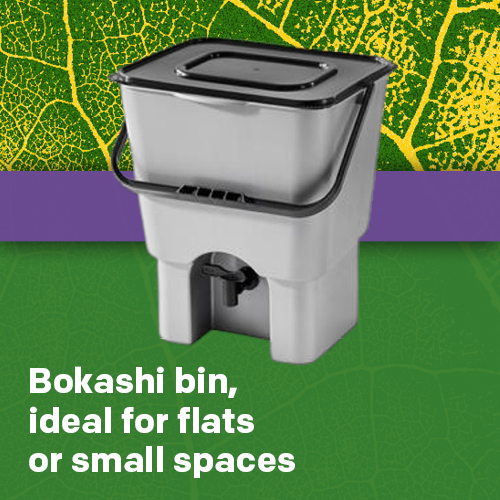
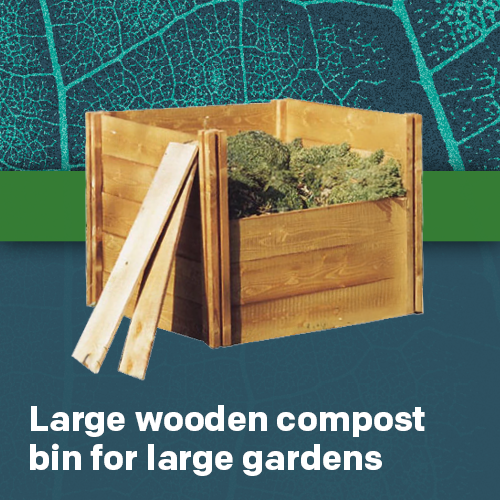
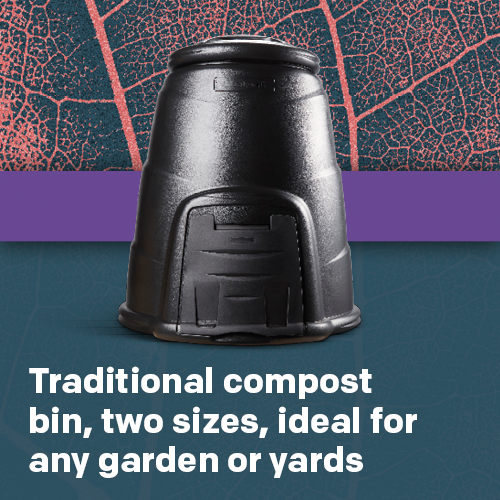
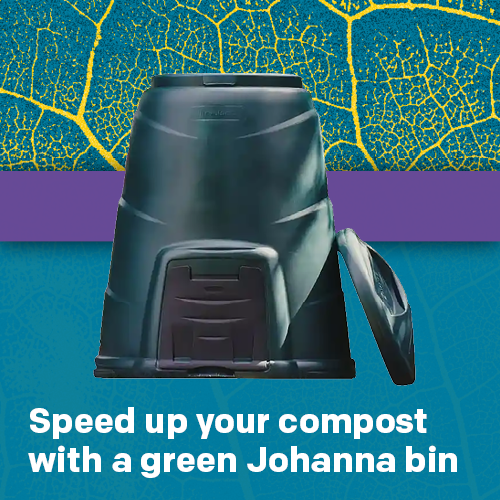
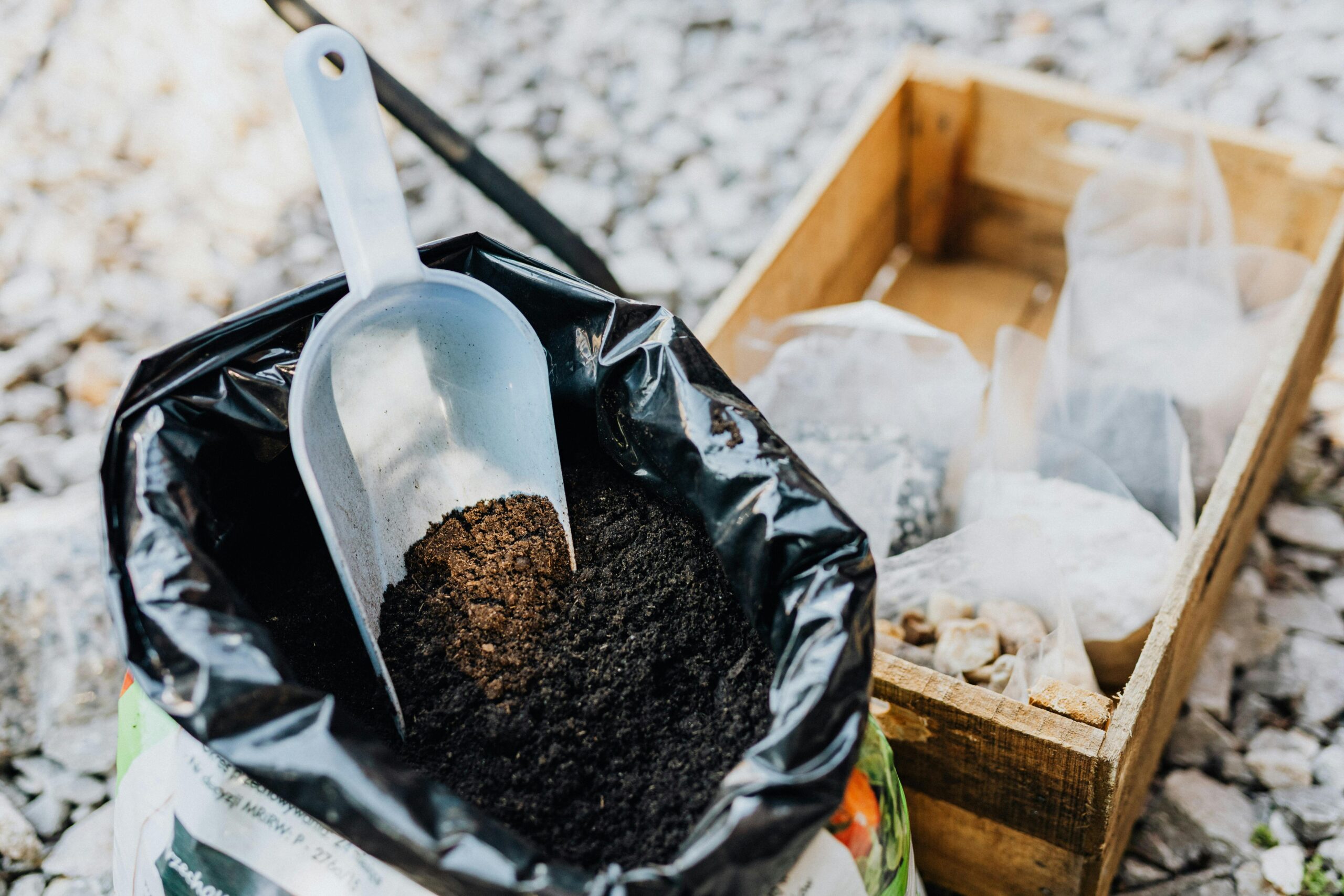
Don’t believe everything you hear when it comes to composting. Here are five common composting myths with some surprising truths!
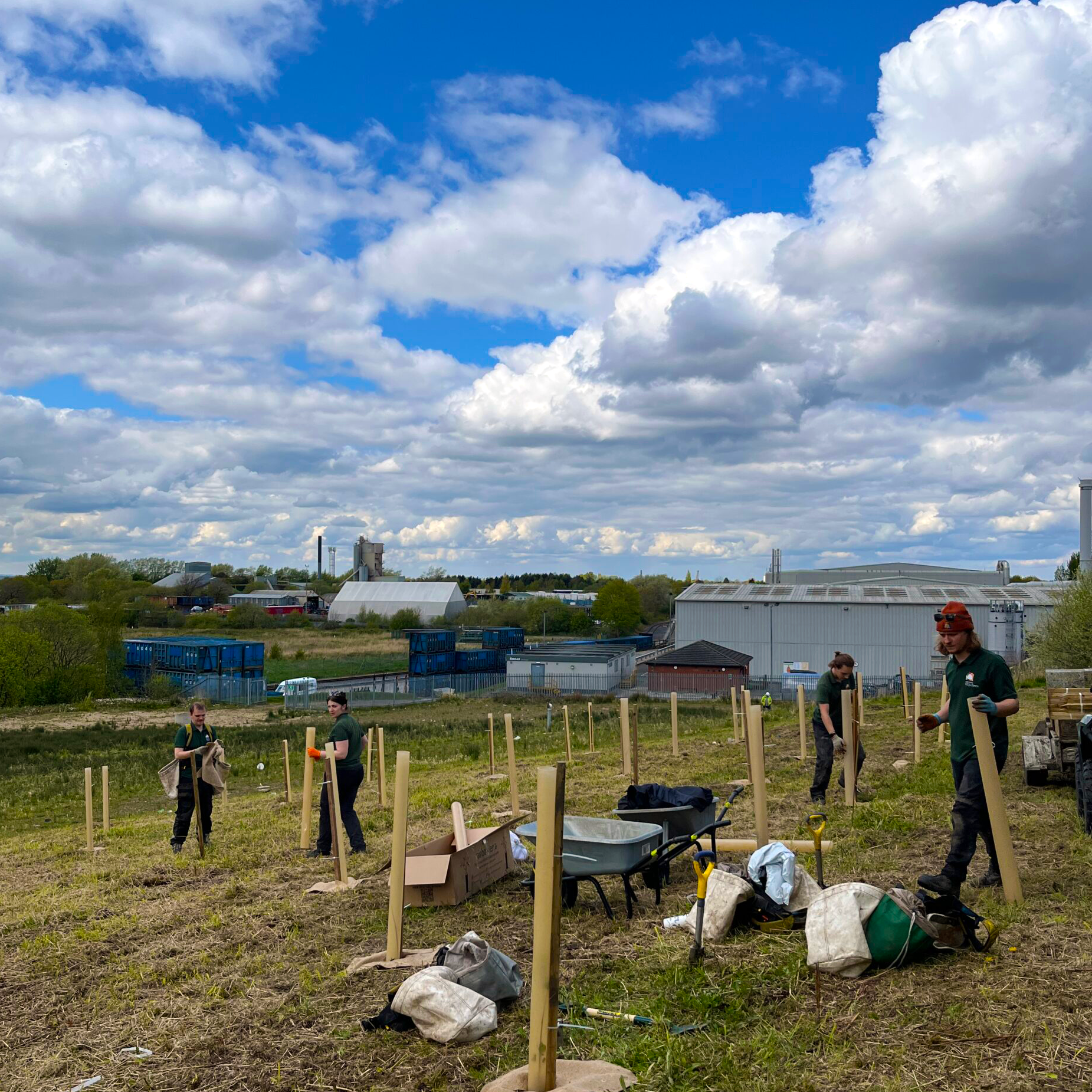
In Greater Manchester we’ve made it our mission to make room for nature at our waste and recycling sites.

Leaf mould is made from decomposed leaves that have been broken down by fungus.

Good compost is made by combining 50% green items and 50% brown items

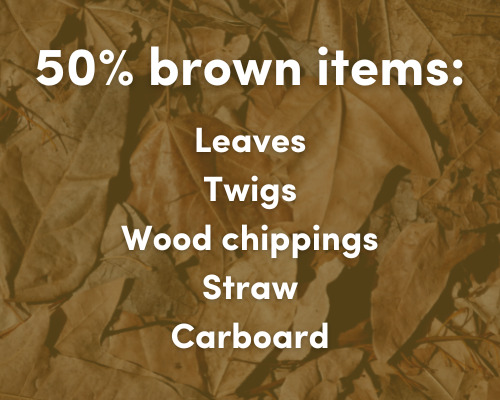
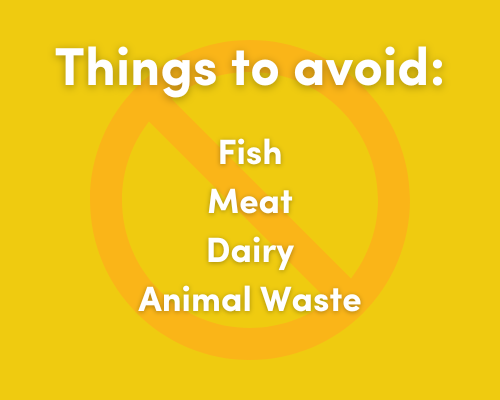
Bacteria, fungi, insects and other invertebrates break down the items in the compost bin. Using a traditional compost bin takes around 1 year for compost to be ready to use.
Visit Compost Instructions (compostinstructions.com) for a full list of what you can and can’t add to your compost bin.

Most composting systems should be in shade. Ground-based compost piles and bins should be placed on bare soil so that bugs and worms can get into your bin. Once filled, compost bins are heavy so it wont be easy to move. Make sure you can easily access the compost bin to be able to remove your compost when ready. A wormery can be placed in a shed to protect it from extreme weather conditions. Bokashi bins can be kept in the kitchen.

Yes, especially in rainy Greater Manchester! A cover stops it becoming waterlogged in winter and keeps moisture in during the summer. You can cover open compost piles with things like plastic, old carpet or plywood.

Hot composting is a way to speed up the composting process, you can get usable composting faster by raising the temperature of the compost you have created the ideal conditions for microbes to breakdown your food waste quickly. The downside is that there is more work to do than with a normal cold compost bin. If you buy a hot composter the set-up work is done for you, but you will still need to monitor the temperature and moisture content to optimise the hot composting conditions.
If you live in Greater Manchester, you can get money off a hot composter or if you are feeling handy you can make your own hot compost bin.

This depends on the how much space you have at home and the size and type of compost bin you choose. To buy your compost bin go to getcomposting.com

You can only claim one discounted compost bin per household. To buy your compost bin go to getcomposting.com

Yes, you can, we have a range of sizes including a Bokashi bin which is ideal for apartment living. To buy a Bokashi bin go to getcomposting.com

All your raw vegetable peeling, flowers, grass, twigs leaves and weeds, as well as cardboard and newspaper.

Think about how much food and garden waste you produce, where you want to out your compost bin, and what type to buy. The Royal Horticultural Society has loads of advice about how to compost.